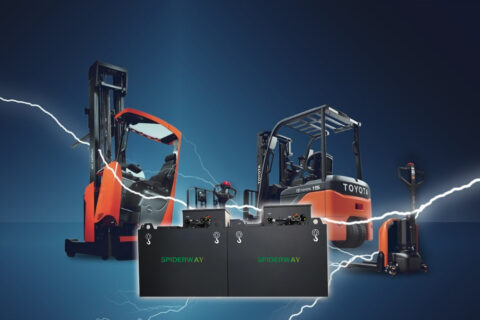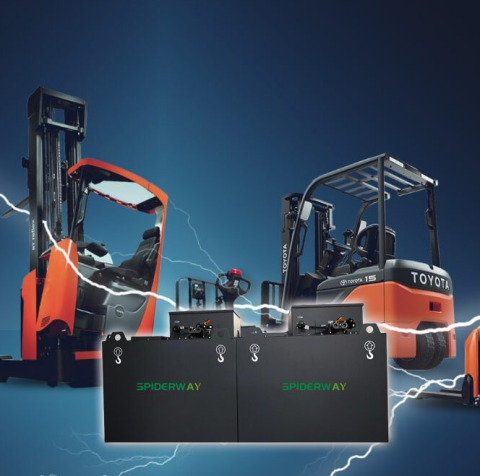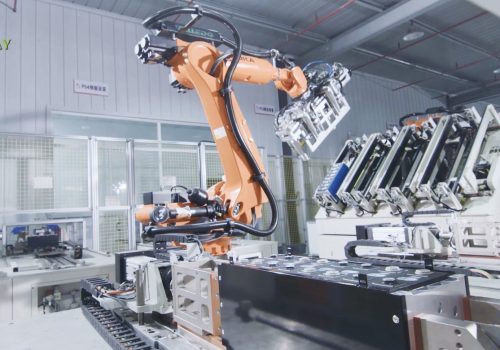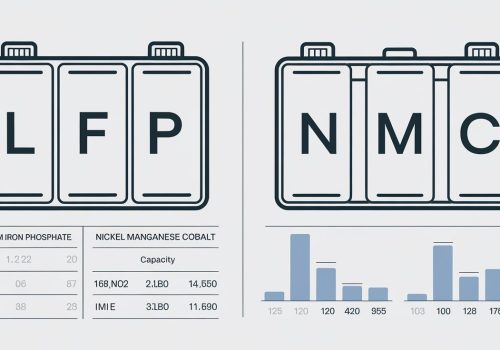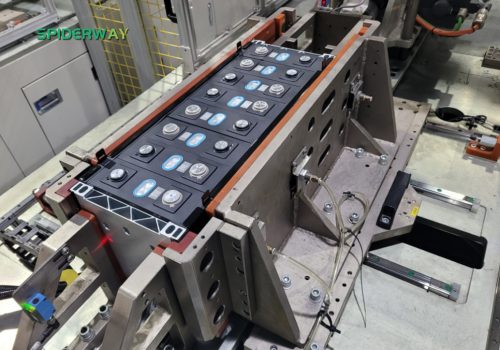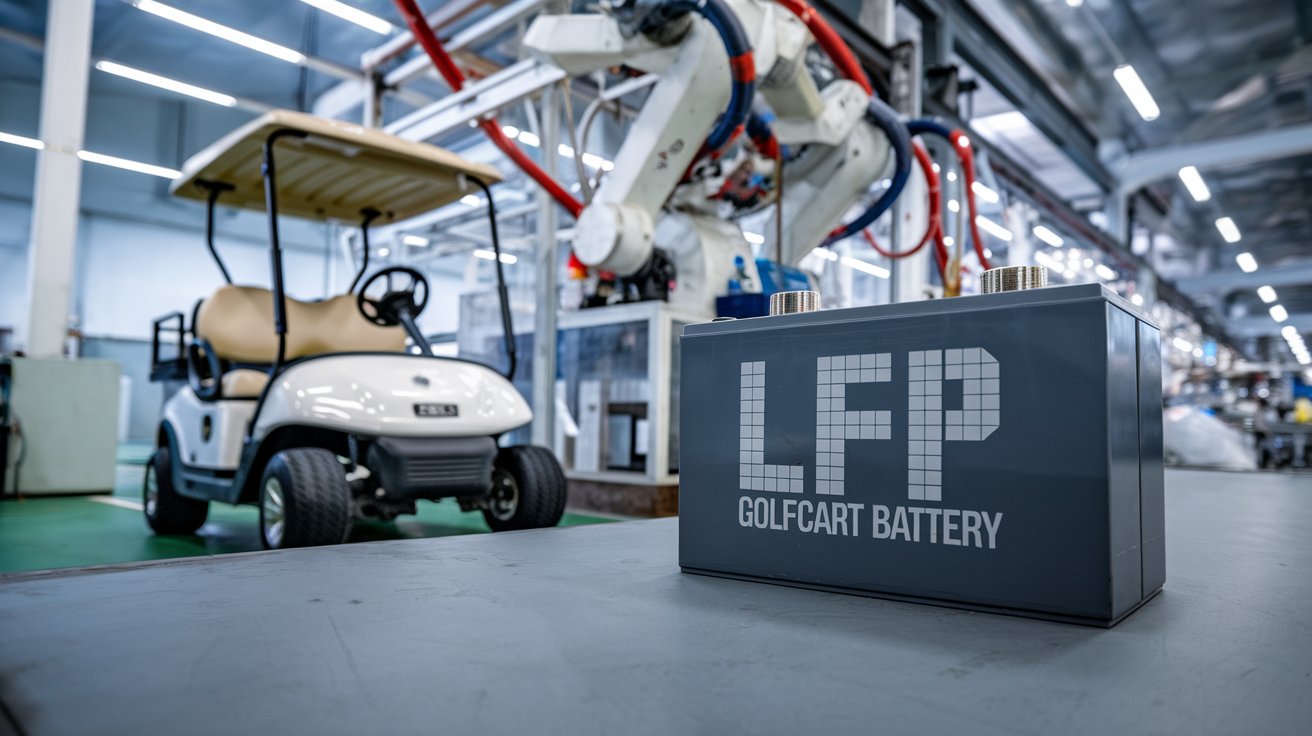
LFP lithium batteries (Lithium Iron Phosphate batteries) and LiFePO4 lithium batteries are essentially different names for the same battery technology. LFP is the abbreviation for “Lithium Iron Phosphate,” which represents the chemical composition of the battery. Therefore, there is no substantial difference between the two. Below are the characteristics and advantages of LFP lithium batteries.
Characteristics of LFP Lithium Batteries
- Chemical Composition: LFP lithium batteries use lithium iron phosphate (LiFePO4) as the cathode material, with graphite typically used for the anode. This chemical composition provides excellent safety and stability for the battery.
- Safety: LFP batteries are less prone to overheating and are unlikely to catch fire even if punctured, making them one of the safest types of lithium batteries available.
- Cycle Life: LFP batteries typically have a cycle life ranging from 2500 to 5000 cycles, with some high-end products exceeding 6500 cycles, far surpassing the lifespan of traditional lithium batteries.
- Energy Density: The energy density of LFP batteries is relatively low, usually between 125-160 Wh/kg, which is lower than other lithium battery types like Nickel Cobalt Manganese Oxide (NMC). However, their high safety and long lifespan make them more attractive for certain applications.
- Environmental Friendliness: LFP batteries do not contain nickel or cobalt, which are materials often subject to supply constraints and price volatility. Thus, LFP batteries are more sustainable both environmentally and economically.
Application Areas
LFP lithium batteries are widely used in the following fields:
- Electric Vehicles: Due to their safety and long lifespan, LFP batteries are increasingly favored in electric vehicles, particularly among manufacturers like Tesla and BYD.
- Renewable Energy Storage: LFP batteries are suitable for storing renewable energy from sources such as solar and wind, effectively supporting off-grid and backup power systems.
- Portable Electronic Devices: Although less common in portable devices, their safety and longevity make them a choice for some high-end electronic products.
- Industrial Vehicle Power: LFP batteries are also used in industrial vehicles such as electric forklifts, golf carts, aerial work platforms, and Ground Support Equipment (GSE). Their robust performance and reliability make them ideal for powering these applications.
SPIDERWAY LFP Battery Products
SPIDERWAY offers a range of high-quality LFP battery products designed to meet the demands of various applications, including electric vehicles and industrial equipment. With a focus on safety, longevity, and environmental sustainability, SPIDERWAY LFP batteries are engineered to provide reliable power solutions for both commercial and industrial uses.
- 48V 304AH LiFePO4 lithium battery for KOMATSU Forklift FB20-12 Type
- Product on sale48V 404Ah LiFePO4 lithium battery for LIUGONG forkliftOriginal price was: $5,399.00.$5,318.00Current price is: $5,318.00.
- Product on sale48V 606Ah LiFePO4 lithium battery for HELI forkliftOriginal price was: $7,999.00.$7,978.00Current price is: $7,978.00.
- Product on sale
 80V 404Ah LiFePO4 lithium battery for HELI K2 3.5T forkliftOriginal price was: $8,399.00.$8,310.00Current price is: $8,310.00.
80V 404Ah LiFePO4 lithium battery for HELI K2 3.5T forkliftOriginal price was: $8,399.00.$8,310.00Current price is: $8,310.00. - Product on sale
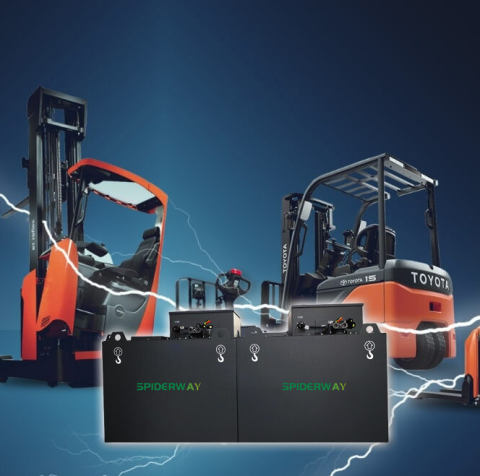 48V 404Ah LiFePO4 lithium battery for LIUGONG 2.5TforkliftOriginal price was: $5,399.00.$5,318.00Current price is: $5,318.00.
48V 404Ah LiFePO4 lithium battery for LIUGONG 2.5TforkliftOriginal price was: $5,399.00.$5,318.00Current price is: $5,318.00. - Product on sale
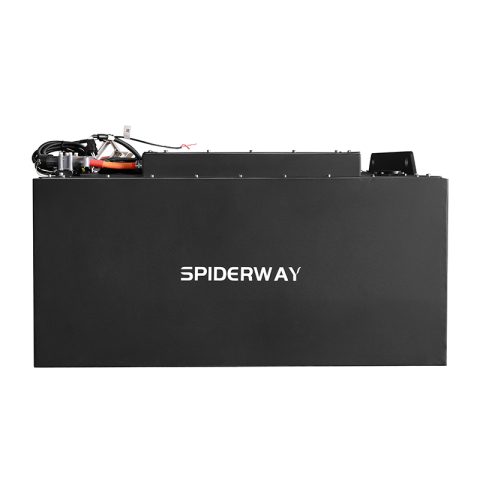 80V 544Ah LiFePO4 lithium battery for TOYOTA forkliftOriginal price was: $11,199.00.$11,190.00Current price is: $11,190.00.
80V 544Ah LiFePO4 lithium battery for TOYOTA forkliftOriginal price was: $11,199.00.$11,190.00Current price is: $11,190.00. - Product on sale
 48V 272Ah LiFePO4 lithium battery for LIUGONG forkliftOriginal price was: $3,599.00.$3,581.00Current price is: $3,581.00.
48V 272Ah LiFePO4 lithium battery for LIUGONG forkliftOriginal price was: $3,599.00.$3,581.00Current price is: $3,581.00. - Product on sale
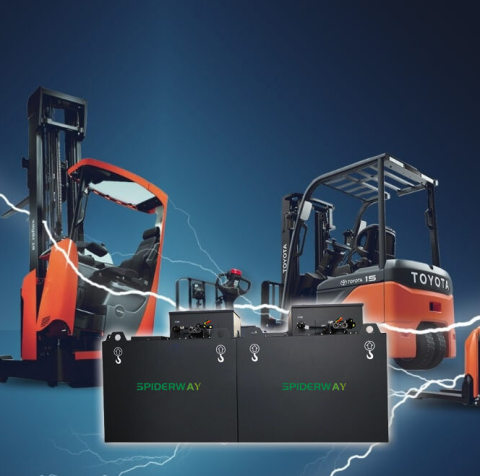 24V 202Ah LiFePO4 lithium battery for LINDE T20 forkliftOriginal price was: $1,399.00.$1,329.00Current price is: $1,329.00.
24V 202Ah LiFePO4 lithium battery for LINDE T20 forkliftOriginal price was: $1,399.00.$1,329.00Current price is: $1,329.00. - Product on sale
 48V 544Ah LiFePO4 lithium battery for HELI CPD20-F1 forkliftOriginal price was: $7,199.00.$7,162.00Current price is: $7,162.00.
48V 544Ah LiFePO4 lithium battery for HELI CPD20-F1 forkliftOriginal price was: $7,199.00.$7,162.00Current price is: $7,162.00.
LFP lithium batteries and LiFePO4 lithium batteries refer to the same technology, featuring high safety, long cycle life, and lower environmental impact. Despite their relatively lower energy density, they hold significant potential in applications such as electric vehicles, renewable energy storage, and industrial vehicle power solutions.

